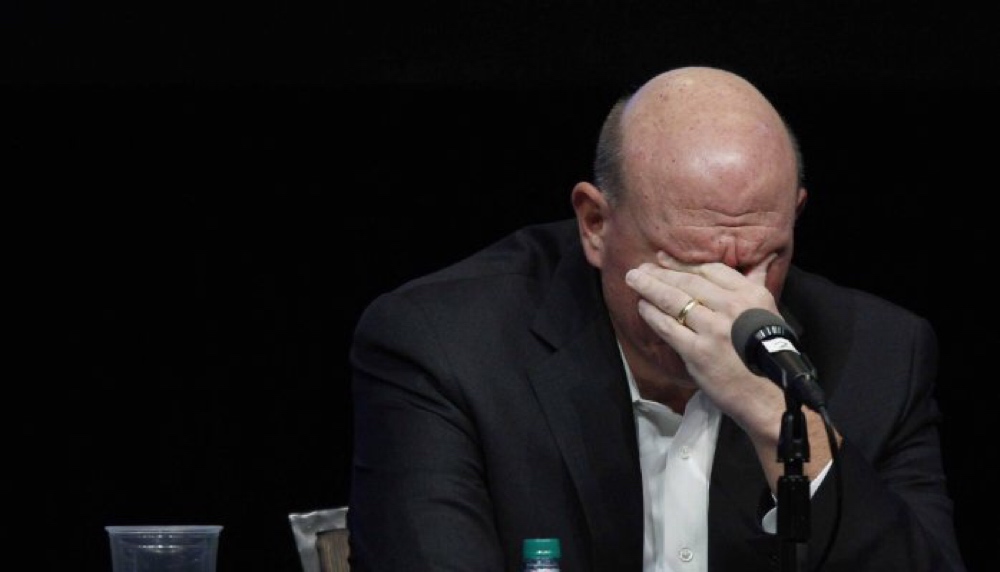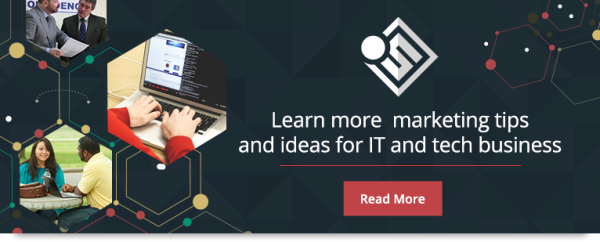
Every day, we face and make decisions – decisions as inconsequential as choosing which hanky to use, or as significant as whether to hire that impressive fresh grad or that steady guy with tons of experience. Most of the time, we go with common sense and prudence; sometimes, we go with our gut feel. Then there are times when, for reference or affirmation we replay and choose from the dozens of aphorisms and inspirational quotes we either learned from school or from our family, or read in some book. Or in Twitter.
While we can almost never go wrong with common sense or prudence, the same cannot be said about our gut feel: sometimes it works and sometimes it doesn’t. And those maxims? They’re confusing. Let’s talk about the subject, “Change”.
A popular adage says, “If it ain’t broken, why fix it?” Hard to argue with that. The Coca-Cola that our grandfathers drank before is the same Coca-Cola we are drinking now. Yes, the same formula since 1892.
But then again, another school of thought says, “Change is the only thing constant in this world” and “Progress is impossible without change”. All correct. Imagine answering to a beeper these days? How about an maintaining an LDR using snail mail and telegrams? I know, right?
So, which is which, really?
If you’ve been sitting on a rather difficult decision for days now, despair not. You are not alone. It happens to the best of us.
Even billion-dollar companies are not exempt of such conundrums. Take the case of erstwhile mobile phone company giant Nokia. Fifteen years ago, more than half the phones in the world came from the pride of Finland. Now, Nokia has a market share of about 3%. Yes, just 30 units in every 1,000 units of phones sold are named Nokia.
During the press conference to announce Nokia’s smart phone division being acquired by Microsoft, then-Nokia CEO Stephen Elop said in his now-famous (or notorious) speech:
We did not do anything wrong, but somehow we lost. said Nokia Ceo, Stephen Elop
Such is the tragedy that befalls those who do not have the courage to change for the better nor have the foresight to adapt to the current situation.
It is sad that Nokia has been long the market leader in the mobile phone market and with its enormous reach and huge customer base. Its Symbian Operation System (OS) being the backbone of the whole success story contributed to a great deal in its higher perceived ease of use. Customers used to enjoy the features, thanks to highly simplified and friendly user-interface (UI). It ruled the middle and low end market for long.
But, Nokia committed the blunder of being myopic and complacent about its achievements and didn’t envision the competition, radical innovations and high end technology coming its way, which certainly had potential to dethrone it of its place. This was one of the major reasons Nokia not only lost its market share, but really lagged behind Samsung, Apple, and even some Chinese upstarts.
Although, Apple came with its revolutionary iPhone series, this couldn’t be considered a major threat when Apple first started, the reason being there was a very small niche market of smart phone users worldwide. The first shots fired were by Samsung, with its completely new, repositioned mobile phones, which slowly and steadily started to penetrate the market in which Nokia was enjoying the leadership. The strategies formulated by Samsung along with its world class research and development made sure it was not merely a threat, but was there to stay.
Samsung came up with mobile phones to directly compete with Nokia in low end segment in developing economies. This, along with effective well designed marketing communication strategies helped it to establish itself as direct competitor to Nokia in the segment and thus posing a threat to the legendary Symbian-enabled mobile phone market.
During this time, the search engine giant Google came up with its new OS for mobile phones, Android, and this proved to be the last nail in the coffin. Android revolutionized the mobile phone market and Google in association with many mobile phone manufacturers to come up with low budget smart phones. Nokia did not know what to do next.
Yes, the fact is – Nokia didn’t do anything wrong in their business. However, according to a LinkIn blogpost,
The world changed too fast… Their opponents were too powerful.
They missed out on learning, they missed out on changing, and thus they lost the opportunity at hand to make it big. Not only did they miss the opportunity to earn big money, they lost their chance of survival.
The message of this story is simple: if you don’t change, you will not thrive. The basic element of Darwin’s Survival of the Fittest is in play.
Never count the advantages you had yesterday, for they will only be fleeting vis-à-vis the trends of tomorrow.
Even if do not do anything wrong, as long as your competitors do things better than you do, you can lose out and fail. Those who refuse to learn and improve will definitely one day become redundant and irrelevant to the industry.
It’s wonder no one from the leaders of Nokia ever saw this quote from Mark Sanborn:
“Your success in life isn’t based on your ability to simply change. It is based on your ability to change faster than your competition, customers and business.“
Photo credit: Pinkfinancial

